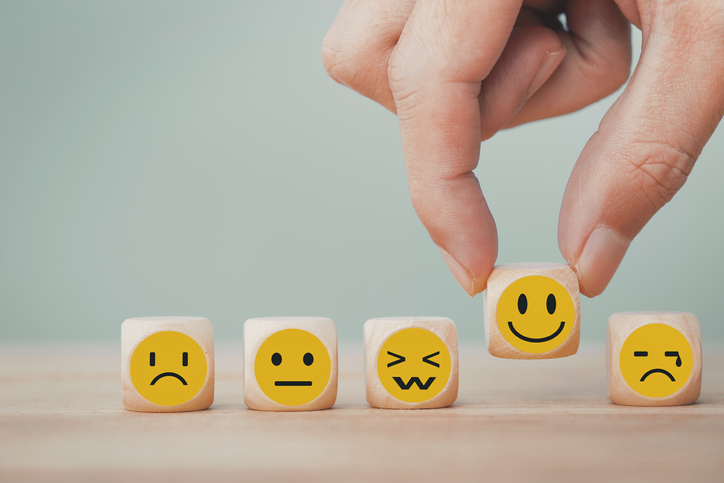
According to a Harvard neuroanatomist the life span on an emotion is just 90 seconds: “When a person has a reaction to something in the environment, there’s a 90-second chemical process that happens in the body; after that, any remaining emotional response is just the person choosing to stay in that emotional loop.” (Dr. Jill Bolte Taylor, Author of “My Stroke of Insight: A Brain Scientist’s Personal Journey”)
Most would quickly object but let’s dig in deeper and differentiate between Emotion: the biological chemical process that occurs inside our body in reaction to an experience and Feelings: the story we tell ourselves about our emotions, how we interpret them, our thoughts about them, the meaning we choose to give them.
This is the Refractory Period of our emotions; the time and energy we elect to spend ruminating and, at the extreme, creating an endless loop of distracting, non-productive focus, potentially gnawing away at our peace of mind. Dwell on it too long and it becomes our mood then perhaps our temperament and at the most severe, it can morph into our identity, even becoming part of our personality. This is especially likely if we choose to seek “supporting” evidence to bolster a certain thought orientation. Confirmation bias is powerful; we tend to see what we want and expect to see, creating comforting echo chambers that collaborate and reaffirm our world view.
Closing Quotes:
“Thoughts are the shadows of our feelings – always darker, emptier and simpler.” – Friedrich Nietzsche, 1844-1900
“We cannot control what emotions or circumstances we will experience next, but we can choose how we will respond to them.” – Gary Zukav, b. 1942, The Seat of the Soul
“Your emotions are very unstable and should never be the foundation for direction in your life.” – Joyce Meyer, b. 1943, Living Beyond Your Feelings: Controlling Emotions So They Don’t Control You
As always, I share what I most want and need to learn. – Nathan S. Collier

